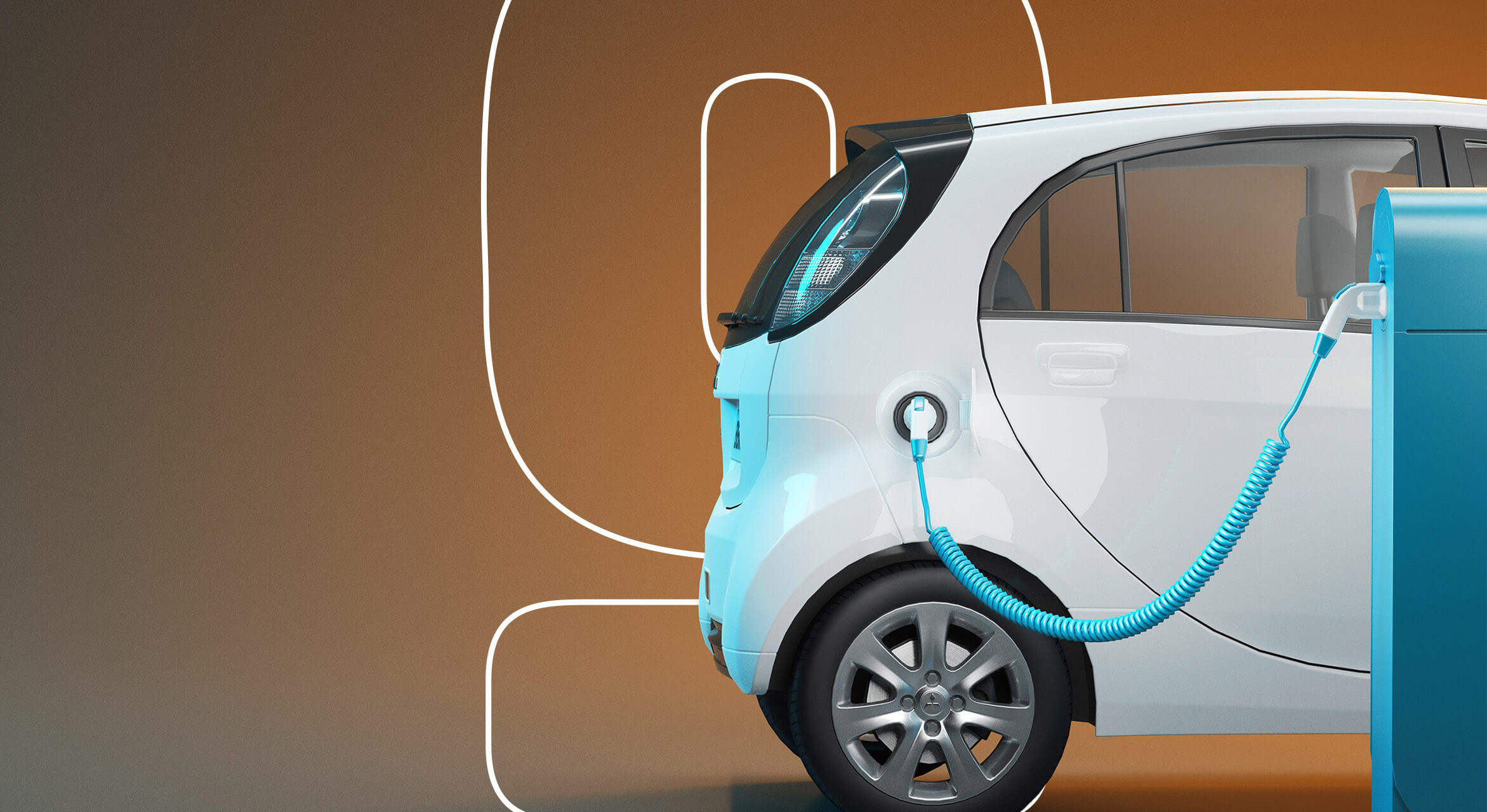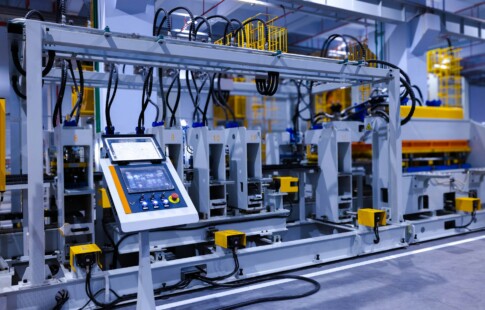
The Advantages and Disadvantages of Hybrid vs Electric Cars
We are reader-supported. When you buy through links on our site, we may earn affiliate commission.
Eco-consciousness is influencing the global market, increasing the demand for low and no emission vehicles. Both hybrid and electric vehicles can help an individual shrink their carbon footprint compared to fossil-fuel-powered transportation devices. Though each car effectively reduces tailpipe greenhouse gas emissions, they also create adverse environmental effects. It is important to weigh hybrid vs electric cars to see your best option.
A vehicle’s battery, longevity, range and maintenance needs all impact its efficiency. Personal sustainability goals and new government regulations are powering efficiency improvements in the hybrid and electric vehicle sector. Before exploring the advantages and disadvantages of hybrid vs electric cars, we must assess the demand for eco-friendly transportation methods.
The Drive for Sustainable Transportation
The transportation sector accounts for nearly 29% of America’s greenhouse gas emissions. When President Biden took office, he signed the U.S. onto the Paris Agreement, signifying our emission reduction efforts. He also established a national carbon-neutrality goal.
We can achieve our climate change prevention goals by decreasing the transportation sector’s air pollution. Environmental engineers and scientists are creating emission-less buses and other public transportation systems to enhance sustainability efforts. Eco-friendly vehicle manufacturers like Tesla developed cars reducing individual emissions.
Society is working on limiting atmospheric greenhouse gases to preserve Earth’s natural temperature control system. Naturally, the planet retains solar radiation, creates heat, warms the surface, reabsorbs excess energy and emits it to space. Emissions degrade the atmosphere’s composition, altering the process.
Greenhouse gases convert sunlight to heat at a higher efficiency rate. They also hold excess warmth in the environment for extended periods, raising Earth’s temperature over time. Both hybrid and electric cars help and harm the enhanced greenhouse effect, impacting their sustainability levels.
Pros and Cons of Hybrid Cars
Hybrid vehicles are more sustainable than conventional cars because they are partially electric. The average fossil-fuel-reliant car releases nearly 4.6 metric tons of carbon dioxide annually. Hybrids only emit a portion of the gasoline-related emissions when charged with renewable energy sources.
Solar and wind power create zero emissions when producing and distributing electricity. If a consumer charges their hybrid with clean energy, they can further enhance its sustainability. When they charge their vehicle with fossil-fuel-derived electricity, they can create ecological challenges.
Nearly 60% of America’s power supply comes from fossil fuels. During combustion, the elements contribute to the enhanced greenhouse effect. The size of a hybrid’s carbon footprint relies on its power source.
A significant benefit of hybrid cars is the reduction in “range anxiety.” Electric vehicles are relatively new, and charging station limitations can decrease transportation efficiency. Drivers can rely on their gasoline tanks as backup support when electric charging stations are out of range.
Hybrids also require less maintenance, helping a driver save money over time. Using partial electricity decreases regular wear and tear on an engine, allowing an individual to travel for longer without requiring servicing. Though maintenance costs for hybrid vehicles are lower, their upfront payments are high.
Many consumers opt for fully electric vehicles over hybrids because of their similar costs with emission differentiations. Unlike hybrids, electric cars can achieve zero emissions with sustainable power sourcing. Still, over time, partial electric drivers can shrink their carbon footprints.
Pros and Cons of Electric Cars
Electric vehicles have the smallest carbon footprints on the market when charged with solar or wind power. Powering a car with renewable energy can also nearly eliminate charging costs. Additionally, they effectively decrease an individual’s transportation-related emissions.
Without an engine, electric cars achieve high-quality performance rates. They create a smooth ride with little to no noise. Battery-operated systems also have more torque and speed, helping a driver safely accelerate, stop and turn on the road.
An electric car’s battery additionally creates ecological degradation. The part contains cobalt, an environmentally and a human health degrading element. In the Congo, cobalt miners experience respiratory complications after long-term exposure.
Recycling and replacing electric car batteries is also challenging. Scientists are working on developing recyclable parts, limiting the landfill pollution problem. Another disadvantage of investing in electric vehicles is the high cost of maintenance.
Electric cars are a relatively new technology on the market. Their parts remain non-abundant, and repair shops are scarce. When a piece breaks, it can take a while for professionals to access new materials.
Though waiting for vehicle repairs may seem inconvenient, electric cars’ general convenience levels are high. Charging a vehicle overnight eliminates stress and anxiety around commuting. Instead of waiting in long gas station lines, it also prepares individuals to leave during emergencies with a full charge.
Purchasing Hybrid vs Electric Cars
It is clear, both hybrid and electric cars have advantages and disadvantages affecting their efficiency and sustainability levels. So, you may be wondering, “Which vehicle is right for me?” Each vehicle can benefit different drivers based on their location, price range and traveling patterns.
If you live close to many charging stations, electric vehicles may be a more sustainable option for you if it is in your price range. Additionally, if you travel extended distances through areas without charging access, you may opt for a hybrid car. Whichever vehicle you purchase, you can rest assured knowing your carbon footprint is shrinking.
Share on
Like what you read? Join other Environment.co readers!
Get the latest updates on our planet by subscribing to the Environment.co newsletter!
About the author
Jane Marsh
Starting from an early age, Jane Marsh loved all animals and became a budding environmentalist. Now, Jane works as the Editor-in-Chief of Environment.co where she covers topics related to climate policy, renewable energy, the food industry, and more.





